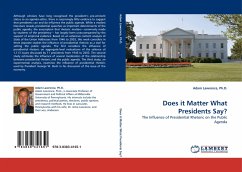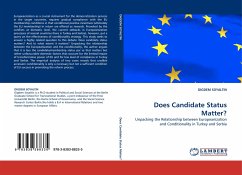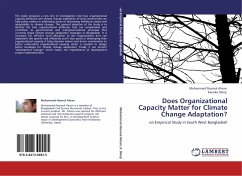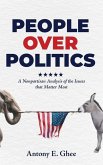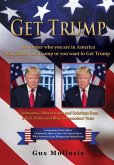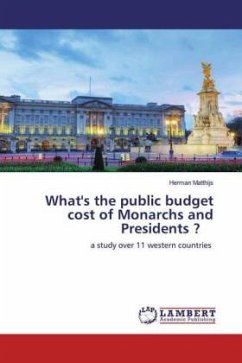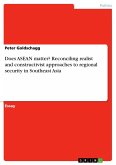Although scholars have long recognized the president s pre-eminent status as an agenda-setter, there is surprisingly little evidence to suggest that presidents can and do influence the public agenda. While a modest literature reveals presidential speeches as important determinants of the public agenda, the assumption that rhetoric matters commonly made by students of the presidency has largely been unaccompanied by the support of empirical evidence. Based on an extensive content analysis of State of the Union Addresses from 1946 to 2003, this work considers in three separate studies the influence of presidential rhetoric as a tool for setting the public agenda. The first considers the influence of presidential rhetoric on aggregate-level evaluations of the salience of 1,113 issues discussed by 11 presidents from 1946 to 2003. The second study estimates the influence of several moderators of the relationship between presidential rhetoric and the public agenda. The third study, an experimental analysis, examines the influence of presidential rhetoric used by President George W. Bush in his discussion of the issue of the economy.

